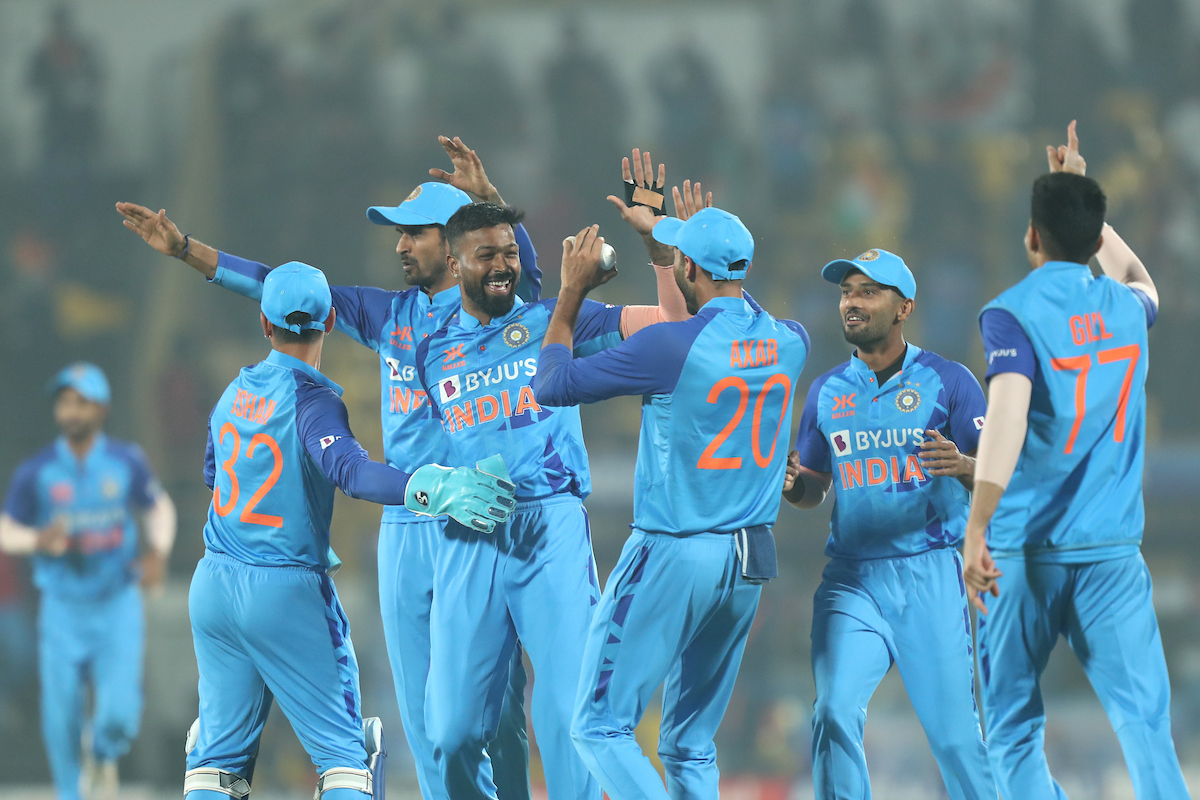Following this victory, head coach Jonathan Trott discussed his team’s performance in a press conference that followed the game. While Trott said he usually doesn’t worry about the wind, rain, or other outside conditions, he did admit that on a team as competitive as theirs, the net run rate (NRR) could be a factor in the end. The head coach also gave Fazalhaq Farooqi, a left-arm seamer, praise for his outstanding performance and career-best T20I statistics of 5/7. He made it clear that the main reason for the victory was increased confidence, and he was really happy with the way the unit performed.
While winning is always the ultimate goal for any team, even in the worst of circumstances, there are many occasions when the net run rate plays a crucial role in deciding which teams move on to the next round. Moreover, in some unlucky cases, a team’s NRR may be the deciding factor in their elimination at the end of the round-robin round.
After Afghanistan made a stunning start to the T20 World Cup 2024 campaign with an incredible 125-run victory over an overwhelming Ugandan side, the mood in the Afghanistan camp would have surely been joyful and euphoric. Uganda gave up a meek 58 runs in an attempt to chase down an intimidating 184 runs, but Afghanistan’s openers, who all scored 70s, ruined the chase with outstanding performances. Fazalhaq Farooqi (4-0-9-5) took five wickets to further demolish the opposition’s batting lineup, bringing their structure down before they could even begin to play.
“I believe that the net run rate could be important in a close group with good sides. I leave the weather and rain to the cricketing gods, so I don’t worry too much about them. However, I believe that the manner in which we played and concluded the game also gave us more confidence. I felt that Fazal [Farooqi] bowled incredibly well, performed really well, and contributed really effectively to the team’s success. Therefore, that’s pleasing,” Jonathan Trott said at a press conference after the game, according to Cricbuzz.
There is always room for improvement. Jonathan Trott
Despite the fact that Afghanistan’s openers gave them a great foundation from which to accelerate—they reached a dominant 154/0 in 14.2 overs—the last 34 deliveries produced just 29 runs and five wicket falls. They quickly regained control by forcing the ball to talk in their defence, so this slowdown was only temporary.
Viewing the performance in retrospect, Trott acknowledged that his side had to acclimatise to the new task of batting against the old ball and to the tournament conditions. He also said that it might not have been the best idea to play players out of position in order to experiment with the batting order. Trott acknowledged the think tank’s probable blunder in making these adjustments and underlined the significance of correcting these choices to guarantee improved performance in their upcoming match.
Also read: After Afghanistan humiliated Uganda, Jonathan Trott welcomed the increase in NRR
“I believe it’s a little bit tough to start on these wickets early in the competition, especially when playing against a ball that is a little bit older. Thus, we need to improve on that. We scored just thirty runs or thereabouts in the final six overs, as was previously mentioned. We could have done a little better with the platform we had as well. We made some decisions that resulted in a slight rearrangement of the order, and perhaps that was somewhat our fault as coaches. Next game, we hope to address that issue and look into it. There are always things to get better at,” he continued.






